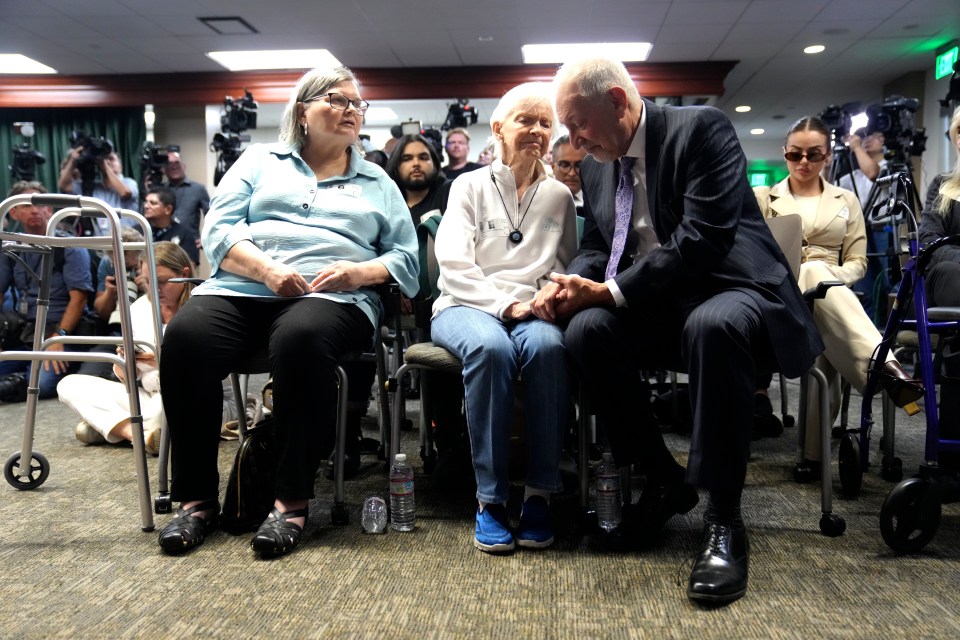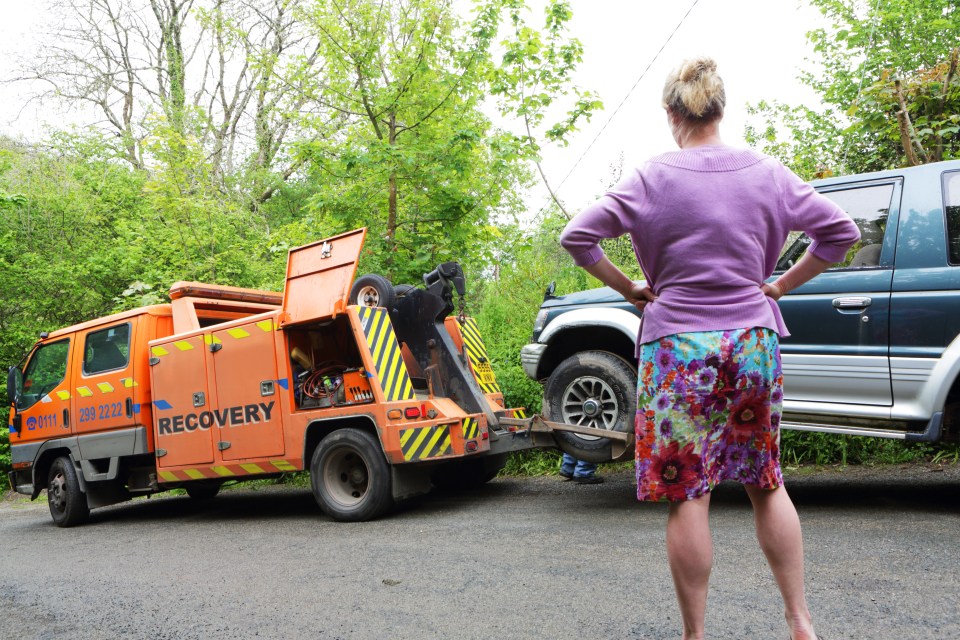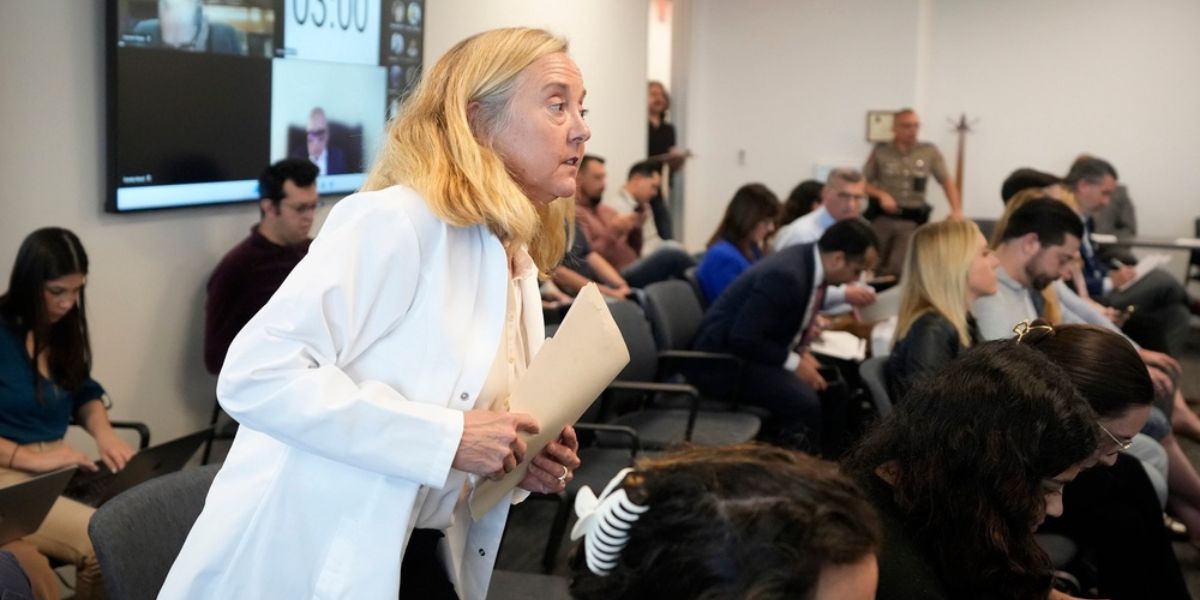Texas Health Department Appoints Controversial ANTI-ABORTION OB-GYN to Maternal Mortality Committee
One of the nation’s most prominent anti-abortion activists has been nominated to a Texas health committee charged with investigating maternal mortality.
The move concerns reproductive rights campaigners, who argue that the state’s abortion ban, which is among the harshest in the country, has put pregnant women’s lives in danger. According to critics, the selection may jeopardize the committee’s capacity to accurately assess the impact of the bill on mortality during and immediately following pregnancy.
“This appointment speaks volumes about how seriously certain state leaders are taking the issue of maternal mortality,” said Kamyon Conner, executive director of the Texas Equal Access Fund, an abortion support organization that promotes reproductive health justice. “It is another sign that the state is more interested in furthering their anti-abortion agenda than protecting the lives of pregnant Texans.”
Dr. Ingrid Skop, an OB-GYN in San Antonio, has long expressed her opinions on abortion.
Skop is vice president and director of medical affairs of the Charlotte Lozier Institute, a national anti-abortion research organization, and a member of the American Association of Pro-Life Obstetricians and Gynecologists. She is also a plaintiff in a US Supreme Court action trying to overturn the FDA’s clearance of the main abortion medication mifepristone, which she claims is “dangerous” despite years of research demonstrating its safety. She wrote several research publications that were eventually retracted due to deceptive inaccuracies.
Skop, who has dubbed the Supreme Court’s decision to overturn Roe v Wade “a victory in the battle but not the end of the war,” has advocated for requiring rape and incest victims as young as nine or ten to carry pregnancies to full term. “If she is developed enough to be menstruating, become pregnant, and reach sexual maturity, she can safely give birth to a baby,” Skop told the House oversight committee in 2021. Pregnancy at such a young age has been demonstrated to pose serious health risks, including pre-eclampsia and infections.
Skop has often testified in Texas’ legislature and in court in support of state abortion laws, most notably opposing abortion treatment for Kate Cox, a Dallas woman who petitioned a judge for emergency access after obtaining a deadly fetus diagnosis.
Texas has seen a number of examples of pregnant women being denied emergency abortions, despite potentially life-threatening pregnancy problems. According to studies, some patients are forced to wait at “death’s door” before doctors, who face criminal charges under the state’s ban, intervene. However, Skop has maintained that the problem is due to individual physicians’ judgment rather than the law itself.
Contrary to the claims of many specialists, Skop believes that abortion prohibitions will not only not increase maternal mortality rates, but may also assist lower them. She deems the link between abortion restrictions and increased maternal mortality “fallacious.”
Between 1999 and 2019, maternal mortality rates in Texas, which are among the worst in the United States, more than doubled. Skop told the Houston Chronicle that the state’s high maternal mortality rate “deserves rigorous discourse”.
“There are complex reasons for these statistics, including chronic illnesses, poverty and difficulty obtaining prenatal care, and I have long been motivated to identify ways women’s care can be improved,” Skop stated. “For over 30 years, I have advocated for both of my patients, a pregnant woman and her unborn child, just like the overwhelming majority of OB-GYNs who don’t perform elective abortions.”
The American College of Obstetricians and Gynecologists questioned Skop’s selection, stating that it was “crucial” that maternal review committee members be informed by “data, not ideology”. Her bias is relevant because abortion, they argue, is inextricably linked to maternal health.
“We believe that all members of the MMRC should be unbiased, free of conflicts of interest, and focused on the appropriate standards of care when evaluating maternal mortality and morbidity in Texas, which were already at unacceptably high levels even before Texas passed its abortion bans and restrictions,” stated the ACOG in a statement.
“Bias against abortion has already led to compromised analysis and, ultimately, dangerously flawed data,” stated ACOG, citing three abortion-critical research publications co-authored by Skop. The academic publisher finally retracted the papers due to “unjustified or incorrect factual assumptions,” as well as flaws and deceptive data presentations that demonstrated a “lack of scientific rigor and invalidate the authors’ conclusions in whole or in part.”
Skop did not respond to The Guardian’s request for comment.
The 23-member Texas maternal mortality and review committee, established in 2013 in response to a maternal healthcare crisis, collects statistics on pregnancy-related deaths.
The committee’s most recent study found that 90% of maternal deaths in the state were likely preventable. It is currently reviewing pregnancy-related fatalities through 2020 and intends to investigate the influence of state abortion policies on mother health in the next years.
Nakeenya Wilson, who nearly died while giving birth in Texas, served on the committee as an outspoken community advocate, advocating for data release when the state health commissioner delayed the report’s publication until 2022. Wilson, as a spokesperson for people of color, championed the stories of black women, who face disproportionate maternal death rates both nationally and in Texas.
After legislation in 2023 terminated her “community advocate” function, Wilson applied for a different position on the committee but was not hired.
While Skop’s position is intended for a rural community member, she has spent her whole career working in San Antonio, a major Texas city. Skop, who is one of seven new appointees, will start her six-year tenure on June 1.
“As a black mother who went through a traumatic pregnancy first-hand, I think I provided that necessary lived experience and could represent my community well,” Wilson stated. “We need to ask, what community is [Skop] representing?”











